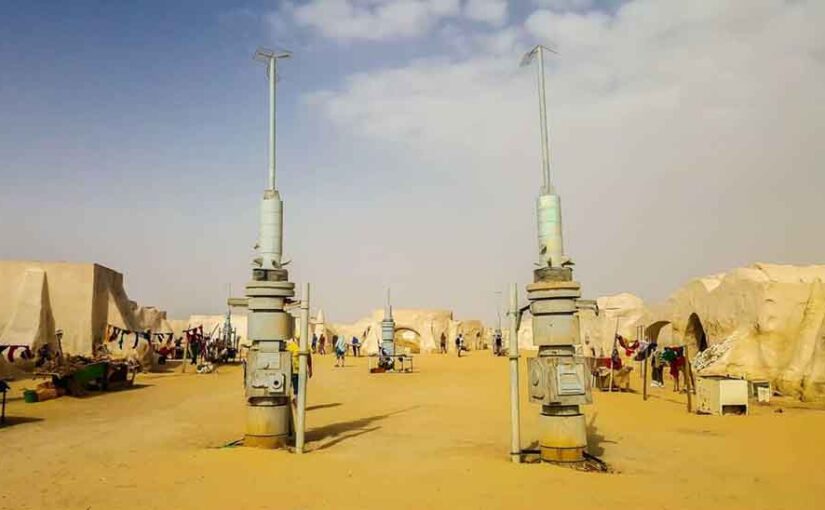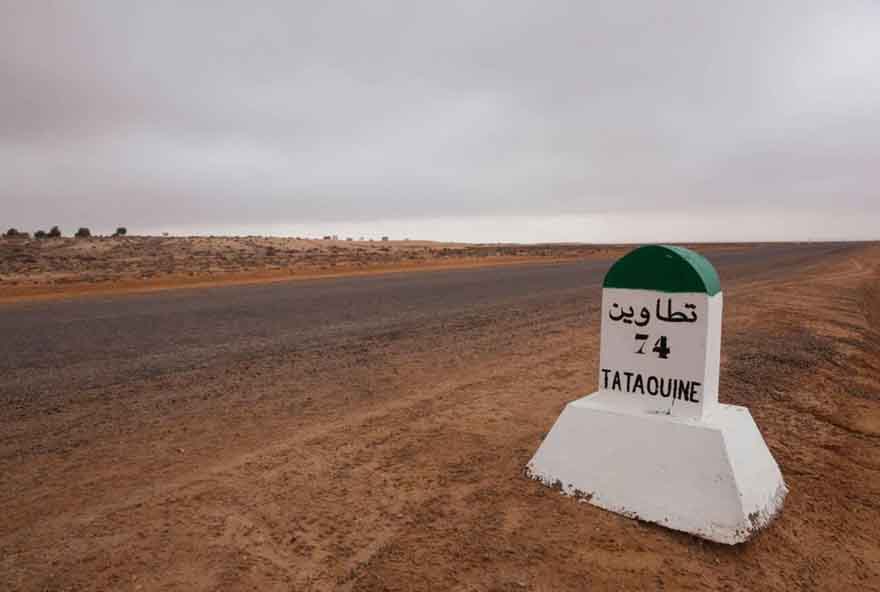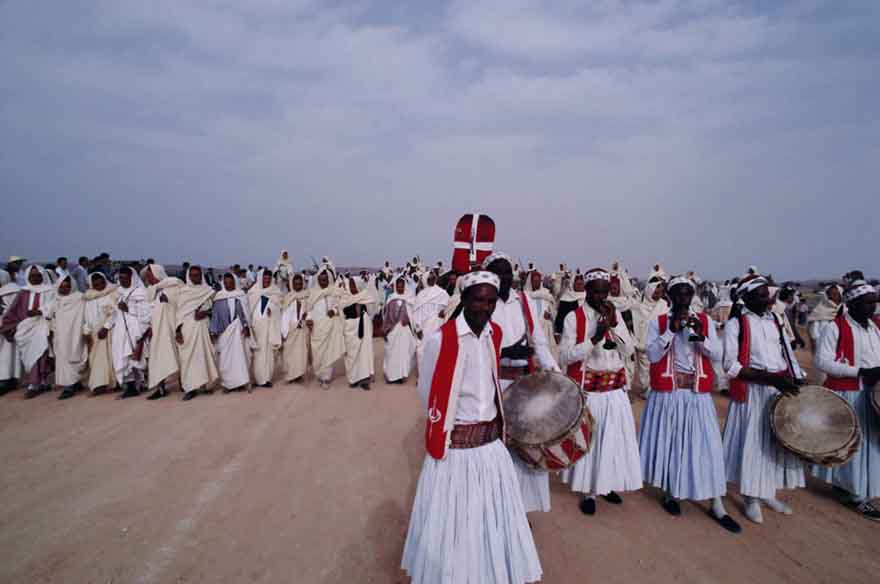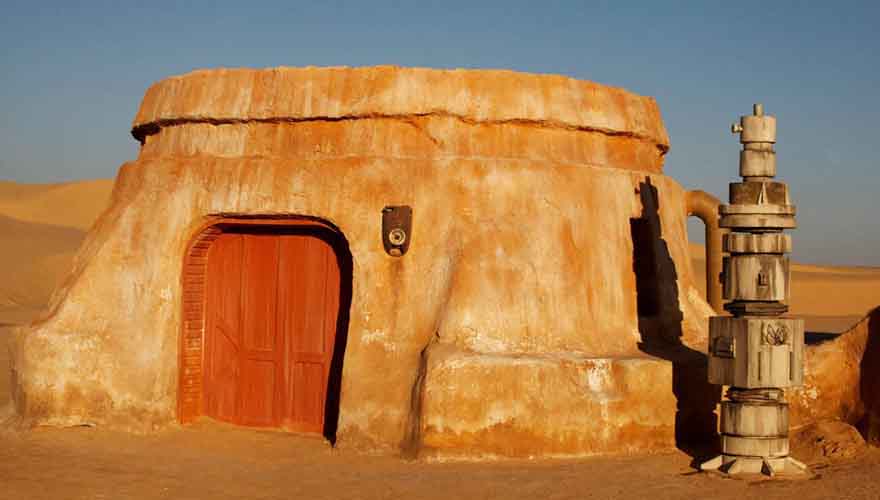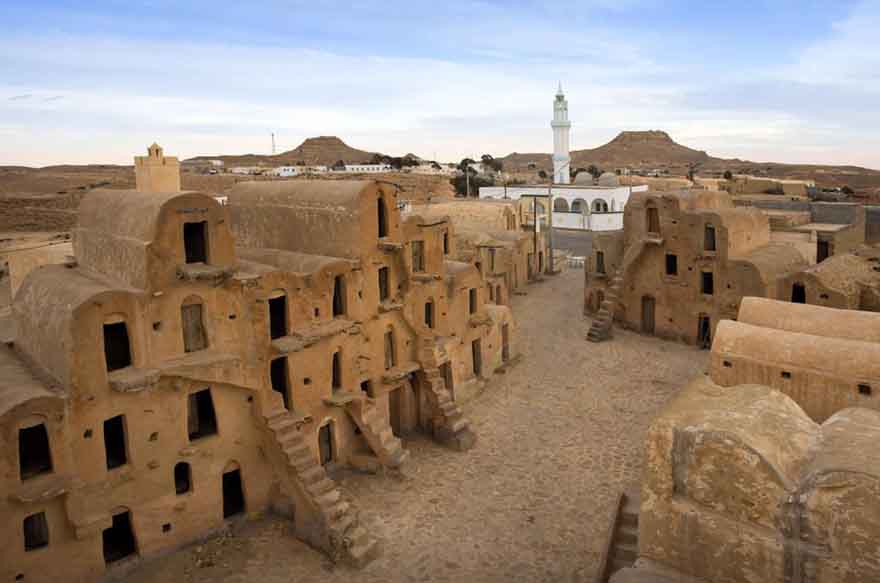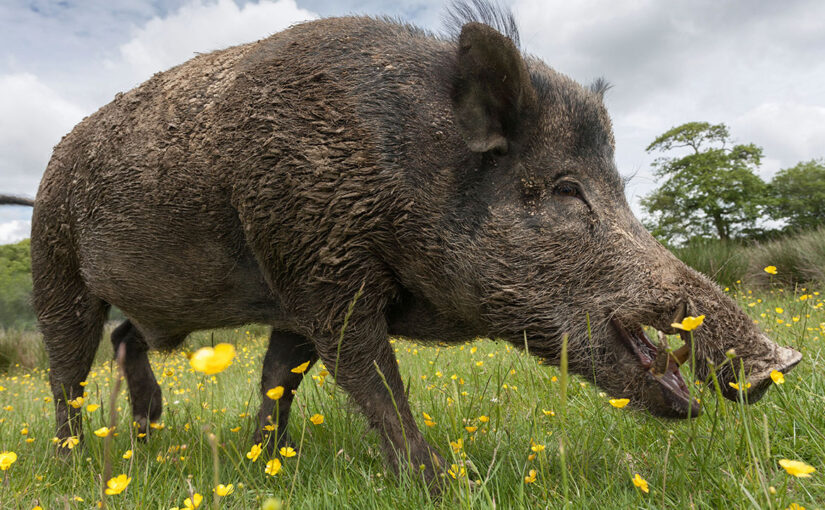It’s crazy to think that such a household staple has been around for more than three thousand years. Olive tree cultivation and oil extraction are practices that have survived through many generations.
It’s a prominent fixture in many cultures, including the Romans, Phoenicians, Greeks, Carthaginians, and Arabs. Needless to say, its history is a surprisingly storied one, with its cultivation in Tunisia dating back to the 8th century BC.
Tunisia is a giant when it comes to the production of olive oil, as it’s the biggest provider outside of the European Union. There are over 75 million olive trees in the country, over 350,000 tons of olive oil produced each year, and around a billion Euro value in exported olive oil. There is no doubt about Tunisia’s huge role in the industry, and it’s only going to grow, as people continue to explore the many uses of olive oil.
Olive oil has been used for a plethora of reasons throughout history. You can use it to lubricate squeaky joints and stuck objects, be an alternative to shaving cream, moisturize your skin, nourish your hair, act as a cosmetic face mask, and so much more. This is on top of cooking, of course, which takes the cake as its main usage.
Tunisian olive oil is a mainstay within Europe and the United States, so it’s safe to say you’ve had some at one point or another, as the companies that produce them are dedicated to producing high-quality products. What is so special about Tunisian olive oil specifically, though? How is it made, and how does it compare to other oils, such as coconut oil or avocado oil? These are all good questions, so explore with us we talk about Tunisian olive oil: the liquid gold of the Mediterranean.
How Tunisian Olive Oil is Made
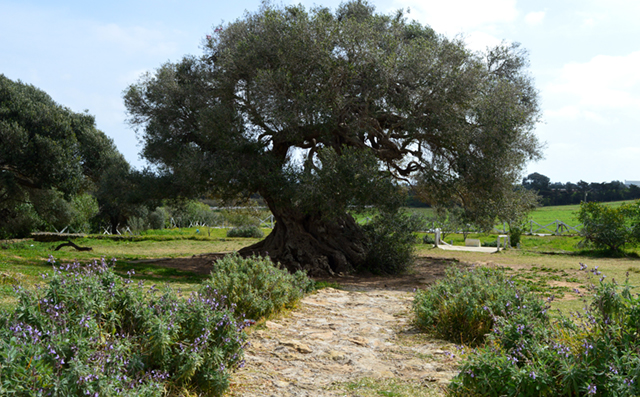
The largest olive tree in the world. 2500 years old. Tunisia
The first step in making olive oil is by carefully cultivating an olive tree, a tradition passed down from father to son for centuries. Thankfully, Tunisia has hundreds of thousands of acres of these trees and is able to keep them all in a healthy shape, supplying many tons of olives to help make that beloved oil.
The olives are then sent to a mill, where they are stripped of any branches and leaves and are ground into a paste; this is done on the same day to prevent fermentation.
The olive paste is then kneaded (stirred) slowly over a period of time to reach the optimal temperature before being pressed and decanted, where the oil is separated. Olive oil is rare in that it doesn’t actually need to be refined to be enjoyed. However, Tunisian olive oil still goes through the refinery process to properly rid it of any impurities. Virgin olive oil is top quality, being collected and bottled first when a new batch is being formed. They tend to have better taste and aroma compared to regular olive oil. Extra-virgin olive oil is the highest grade you can get, and you can definitely tell.
Finally, the oil is packaged, with virgin and extra-virgin olive oil usually in glass bottles, as the higher grade oils tend to need packaging that’s non-deformable, impermeable, and resistant to gasses. It’s then shipped and put in stores.
This is where you come in, of course. Pick up a bottle of your own and see the quality of Tunisian olive oil.
The Importance of Olive Oil in Tunisian History
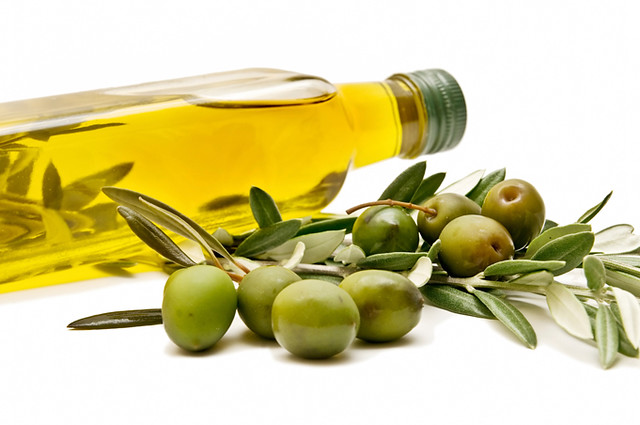
One might scratch their head at the idea of cooking oil being such an important piece of a country’s history, but that’s exactly the impact olive oil has had on Tunisia. Its importance dates back to the 8th century BC, where the olive tree was introduced to North Africa by the Phoenicians.
It was the Romans who greatly expanded olive tree cultivation and revolutionized oil extraction over the centuries. This was very prosperous for the many regions that were a part of the process, and this includes Tunisia. It greatly aided the country to prosper and develop the way it did.
Many archaeological digs have shown that olive oil production had been an important part in the lives of many people, and that its use in cooking was widespread. It was also heavily used in other purposes, such as skin care, and even to help prevent baldness.
Nowadays, olive oil is bigger than it has ever been in Tunisia. It’s not only a fundamental part of the economy, but also the country’s history, culture, and, of course, their cuisine. You can’t escape a Tunisian household without seeing a bottle or two nearby.
What Sets Tunisian Olive Oil Apart From the Rest
With olive oil being a staple in most households, you’ll understand when it’s said that olive oil is in high demand. Logically, this means olive oil is produced from many sources (most centering around the Mediterranean). While the process of making olive oil may be the same in most countries, Tunisia has a few key differences of its own.
For one, olive oil producers in Tunisia tend to use organic olives that have been certified as being grown without pesticides, chemical fertilizers, or any other artificial agents.
Many of Tunisia’s olive groves are also cultivated on family-owned farms, and the oil is produced from traditional yet tried and true methods.
Tunisian olive oil producers have also earned many awards (a record number, in fact) for the high quality of their olive oil, being the only Arab country to win a gold medal at the Bio Novello competition in Italy, beating out Spain and Italy itself.
Olive Oil vs Coconut Oil

If you’re used to using an alternative oil, like coconut oil, you may wonder if there’s really a difference, aside from taste and smell.
The answer is yes, there is most definitely a difference. Here is what makes Tunisian olive oil a more appealing option when compared to coconut oil:
- Olive Oil is Healthier. Coconut oil contains about six times as much saturated fat as olive oil. One tablespoon of coconut oil provides 121 calories. The high caloric content is the reason why coconut oil is used for bulking for example. Not to mention, olive oil can lower your overall cholesterol.
- Olive Oil is More Nutritious. This is just a fact. Compared to coconut oil, olive oil has over 100 times more Vitamin E, around 100 times more Vitamin K, far less saturated fat, and far more healthy fats.
- Olive Oil is More Flexible in Flavor. Coconut oil has a distinctly more tropical taste and smell. In other words, it tastes like coconuts. It goes great in desserts and curries, but you’ll find you may prefer olive oil when it comes to more savory dishes, of which there are many.
Does this mean you should choose one or the other? Of course not; both have their place in the kitchen. Olive oil is perfect for day cooking, while coconut oil can add a little sweetness to whatever dish you’d like it on. These two oils can coexist.
Olive Oil vs Avocado Oil
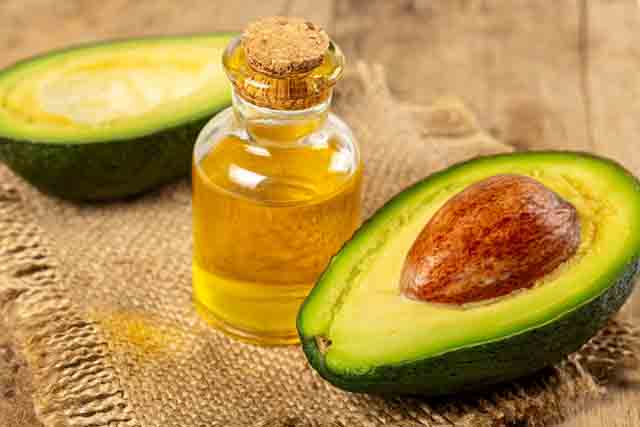
So, what about avocado oil? How does olive oil compare to the lesser-known oil that is quickly gaining traction among cooks everywhere? Unlike coconut oil, avocados are full of healthy, monounsaturated/polyunsaturated fats, making it a big contender against the undeniably healthy and delicious olive oil.
So, is there a difference? Of course there is, but just like coconut oil, olive oil and coconut oil can exist in harmony, for they both have their uses in the kitchen.
For those who are curious, however, here is why Tunisian olive oil is better than avocado oil:
- Olive Oil is More Nutritious. While they are fairly similar when it comes to their fats and calories, olive oil is just more nutritious. It contains a high level of Vitamin E and Vitamin K, as well as containing potassium, calcium, and iron. While the latter three are in small amounts, avocado oil has none of these factors under its belt.
- Olive Oil is More Versatile in Flavor. Avocado oil has a sweeter, grassier taste to it that is not only unfamiliar to most people, but just may not be seen as the best for everyday cooking. As for olive oil? It fits for most savory dishes.
- Avocado Oil Tends to Be Pricier. Because avocado oil is not used as much as olive oil, less of it is made, and you’ll find that it makes avocado oil a bit more expensive. If you use oil for cooking every day, this can be a deciding factor for you.


